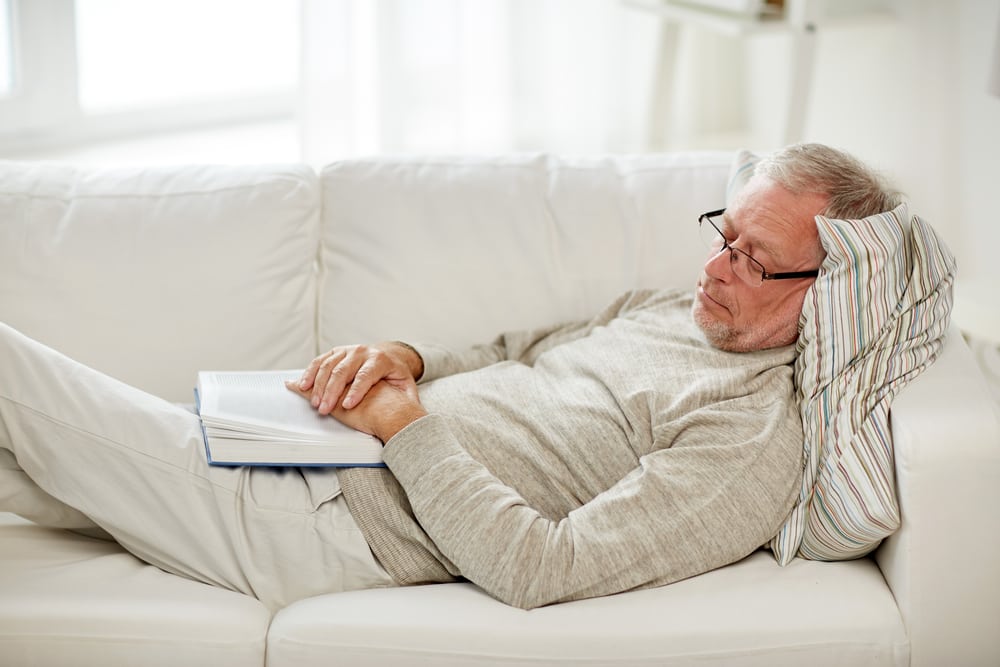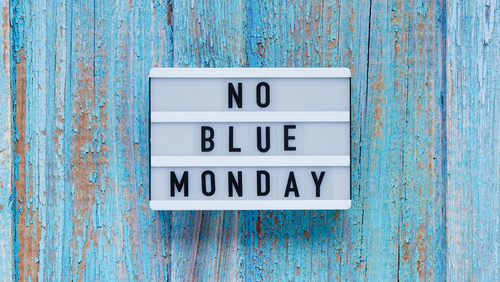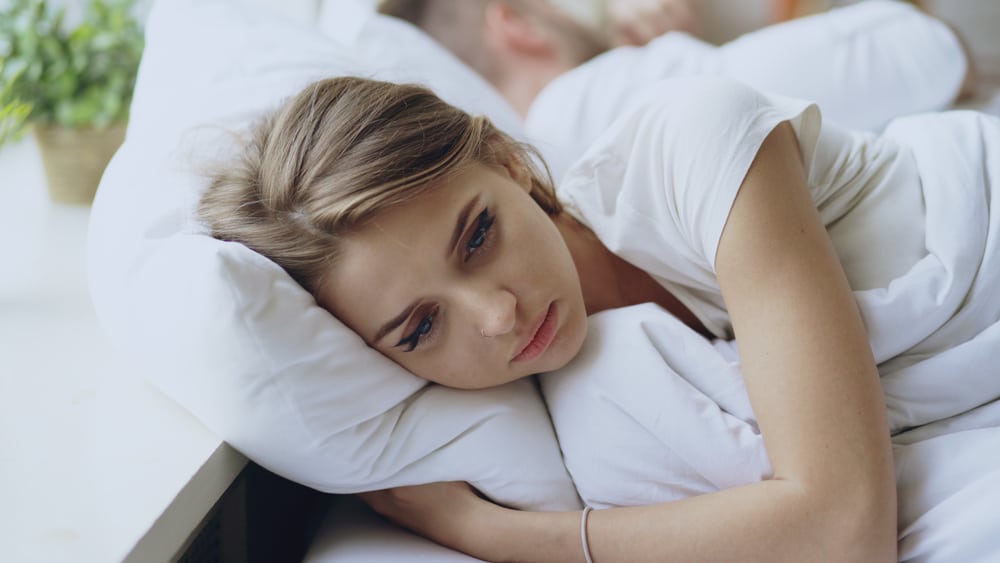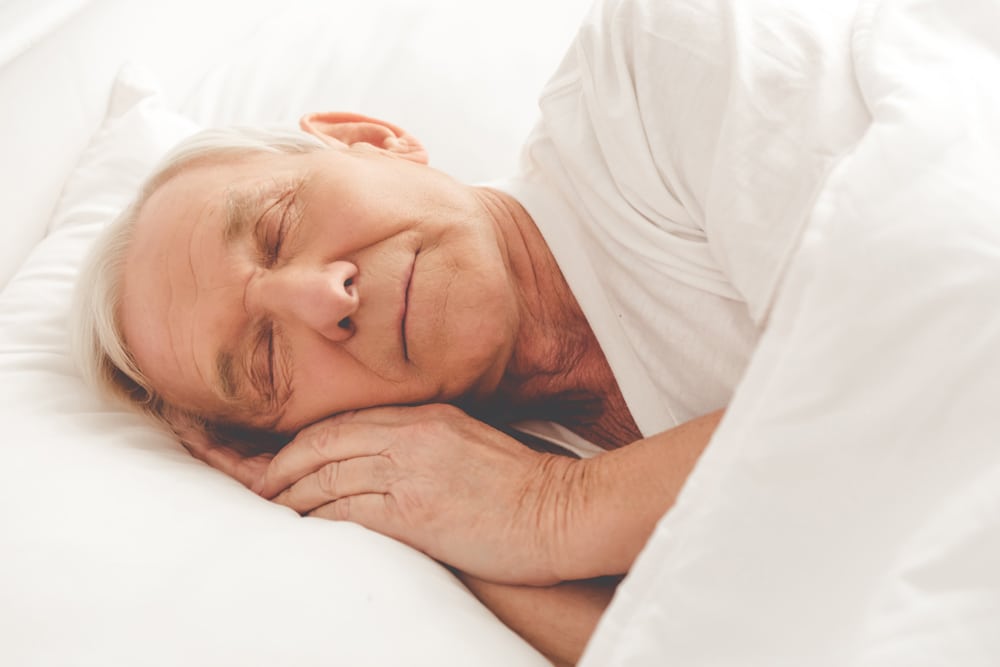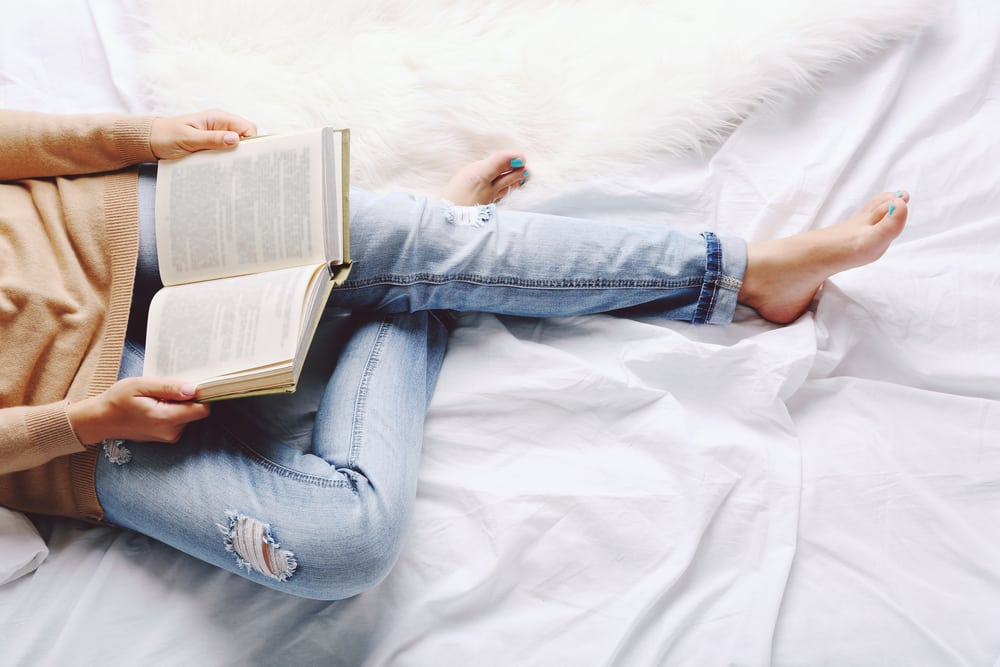The myth is that as we get older we ‘need less sleep’.
Sadly, the fact is that as we get older we just get less sleep, finding it harder to both get to sleep, and to stay asleep.
This is because as we age, our ‘sleep architecture’ ages with us.
Sleep Science has now shown that one affect of this is that as we go through adulthood we gradually spend less and less time in the restorative Deep Sleep stages of sleep. In fact, the percentage of deep sleep we get each night steadily drops from over 20% in our 20’s to around 10% or lower during our 60’s and older years. This drop in Deep Sleep means we have more of the Lighter Sleep Stages. In addition, as our brain ages our Sleep Cycles fragment leading to brief arousals or longer awakenings throughout the night.
We also get broken sleep through other physical changes of ageing, these include night-time urination (Nocturia), achy joints and also a snoring partner.
Another change in our sleep as we age is that we tend to have an ‘advance in sleep time’. This means that as we enter our 60’s, we tend to want to go to bed about 1 to 2 hours earlier than we did in our 20’s. We also wake up earlier in the morning, and typically take longer to get to sleep too.
As a result of all of these changes and interruptions there is a gradual decrease in both quality and quantity of sleep as we get older. This can in turn lead to daytime sleepiness, and an increase in frequency and length of napping. What’s more, adults losing sleep tend to have poorer mental health, and can often suffer from depression.
More alarmingly perhaps recent research has now shown that adults who slept six hours or less per night in their 50’s and 60’s are more likely to develop dementia in later life.
So how do we fight back against the natural biological deterioration in our sleep?
Here’s some sleep tips which I hope will help you get a better nights’ sleep.
Sleep tips for older adults
1) Keep regular sleep and wake times
The best nights’ sleep is always based on developing a regular sleep routine with consistent bed and wake times. As we get older, it’s even more important to keep things on track. Often when we retire we lose structure which makes it harder to keep to a daily schedule and especially a sleep schedule. When we have a consistent sleep and wake times, it helps us fall to sleep easier and improves both sleep quantity and quality. Always endeavour to keep to a consistent sleep schedule each day and night and through the weekends too.
2) Make it bright in the day and dark at night
As we get older our Circadian Rhythm naturally gets weaker. Part of the reason for this is that the output from Suprachiasmatic Nucleus (SCN), our master clock in the brain which controls our sleep wake cycle, declines. However, we can chip away at this weakness by making it as bright as we can in the day, and then as dark as possible at night. This difference in light intensity over the 24 hour period then strengthens our Circadian Rhythm.
Start your day by opening the curtains or (black out) blinds first thing to get morning light, and get outside as early as possible for some early morning sun too. Then at night, dim the lights before bedtime and avoid technology for at least the last hour before bed. This is because technology stimulates the brain, causes a time shift as way stay online longer than we anticipated, and also emits ‘blue –light’ from its screens. This is the wavelength of light which mimics sunlight and which blocks the production of Melatonin, our sleep hormone.
3) Exercise outdoors
Exercise has been proven to help both sleep quality and sleep quantity. Being physically active also keeps us feeling young both mentally and physically too. Exercising outdoors is even better, as it helps with our daily dose of sunlight. So if you aren’t as fit as you used to be, or have stopped exercising altogether, going for an early morning walk is a perfect way to start getting active again.
Other exercises to consider are water aerobics, water exercises and swimming. These great ways to keep fit when we get older as they are ‘none-weight-bearing’ and so gentler on ‘old bones’.
Relaxing exercise such as Yoga and Tai Chi are also fantastic especially when done in the evening. Not only are they great at helping us keep our flexibility, they can calm our minds, and centre us at night too.
However, always stop exercising at least 2 hours and ideally 4 hours before bed to give you body chance to cool down for sleep.
4) Relax before bedtime, take a bath before bed, read a book and meditate
With regards to heat, prehistorically we would have been exposed to a drop in air temperature as the sun went down. Along with the decrease in light, this was a signal to your brain that it was time for sleep. You can mimic this affect by having a warm bath about 45 minutes before bedtime. Not only will a bath help you relax, but once you are out of the bath the resulting drop in body temperature will help you to feeling tired and ready for bed.
Another way to switch off is to read your favourite book either during or after your soak.
Learning to meditate is perhaps one of the best ways to help switch our minds off at night and relax as it can also improve the amount of Deep Sleep we get .
If you prefer to watch the TV in bed before you sleep always make sure you turn it off or have it on a timer. If we fall asleep with the TV on at night, the light leakage is proven to reduce the amount of sleep we get during the night.
5) Combat your ageing gut
As we age our digestive system slows down with the muscles in the digestive tract becomes weaker and less efficient. So staying active with regular exercise is important. Making sure you maintain a healthy diet will help too. Have lots of fibre including raw vegetables and fruit.
Our ageing gut also sees a decrease in our gut microbiome diversity. After 60-65 years of age we can get a decrease in the good bacteria and an increase in increase in potentially pro-inflammatory bacterial groups.
We know that the health of our gut bacteria is both related to the health of our sleep (bi-directionally) and our immune system. Taking Probiotics and eating foods such as natural yogurt and fermented foods (which contain healthy gut bacteria) will help you to restore your gut-biome, boosting your sleep and immune system.
Remember to always be mindful to avoid spicy foods at night and foods which trigger reflux or heartburn (if you suffer from them) as they are more common as we age.
6) Check the side effects of any medication
It is always worth checking the side effects of any long-term medication on your sleep. Perhaps ask your GP to swap to those with a lower impact if sleep is an issue.
If you aren’t sure what to check, there’s quite a list of medication which can interfere with sleep including;
- Benzodiazepines such as Valium and Xanax
- Dopamine agonists, including those for restless leg syndrome and for treat Parkinson’s Disease
- Beta-blockers, including those that treat high blood pressure
- Antidepressants such as Selective Serotonin Re-uptake Inhibitors
Don’t stop taking or change the dosage or schedule of your medication without consulting your GP first though.
7) Avoid drinking too much before bedtime
If you suffer from Nocturia it’s best to avoid drinking within two hours of bedtime in order to reduce the need to use the toilet in the night.
Another tip to try is called the double-voiding technique. This involves emptying the bladder twice by urinating about 15 minutes after the first time.
Cutting back salt can also help reduce urination.
If you do need to use the toilet in the night try to keep the lighting as dim as you can to avoid the bright lights stopping you getting back to sleep easily. Make sure you always remove any tripping hazards before bed too, especially those between your bed and the toilet / bathroom.
8) Stop drinking alcohol earlier at night
Although alcohol can help get us to sleep it disrupts the later stages of REM (dream) sleep and reduces the quality of our sleep.
As we get older, we become more sensitive to alcohol’s disruptive impact on sleep quality. It’s best to stop drinking alcohol at least 3 and ideally 4 hours before bedtime.
9) Swap from Coffee to Green Tea
Our liver’s clearance of caffeine also naturally reduces with age. Thus, if you suffer from insomnia, it is better to totally eliminate coffee rather than just avoid it in the afternoon as is generally advised for poor sleepers.
If you need a caffeine boost in the morning try Green Tea instead. Green Tea has far less caffeine than coffee and contains Theanine, which helps promote sleep.
10) Avoid napping too late in the day and for too long
Once retired, a daytime nap is often used to catch up on lost ‘nightly sleep’ hours. A nap around the Siesta period after lunch (1 pm – 3 pm) can help you get through the afternoon if you are shattered after a poor nights’ sleep. However, make sure you don’t nap after 4 pm in the afternoon as this will interfere with your sleep at night. Also keep the naps short, ideally around 20-30 minutes to avoid waking up groggy with sleep inertia. The maximum length you allow yourself to nap should be 90 minutes in order to ensure you don’t throw your circadian rhythm off track.
For those struggling sleep at night however, it’s important to check that it’s not in fact you napping that’s preventing you from getting to sleep in the evening. If your insomnia persists, try to avoid napping for a period to see if this helps reset your body clock.
11) Keep a look out for Sleep Apnea if you snore
Snoring tends to become worse with age and so does something called Sleep Apnea. This is because as we age our upper airways become weaker and have increased ‘collapsibility’, possibly due to changes in upper airway anatomy and muscle function.
If you experience snoring on a regular basis and it can be heard from another room or if you have been told you stop breathing or make loud/gasping noises during your sleep, you need to be checked by your GP for sleep Apnea (OSA). OSA is a serious condition, which is associated with high blood pressure and other health problems.
In addition, the hypoxia from Sleep Apnea also increases the ageing of our Pineal Gland. This can result in reduced Melatonin Secretion which further adversely affects our sleep.
So it’s always worth being super-vigilant around snoring not just for the sake of your partner.
12) Should you consider taking Melatonin?
Melatonin plays a major role in maintaining our circadian rhythm and gives us the ‘desire for sleep’.
It’s proven that Melatonin supplementation is highly effective when it’s used in the short term for jet leg, helping to ‘reset the body clock’. However, there isn’t clear evidence that Melatonin improves sleep quality and quantity.
From recent research we also know that whilst total Melatonin production in 24 hours doesn’t change in healthy ageing, the maximal nocturnal peak concentration of Melatonin declines. This has clear implications in terms of Melatonin supplementation in older adults
However, the factors that lead to low levels of Melatonin secretion and the contribute to sleep problems will of course differ from one person to the next. Here there’s a variety of lifestyle factors involved as well as the affects of ageing on the SCN and Pineal Gland itself (the Pineal Gland being responsible for producing Melatonin).
If you feel you have a problem with Melatonin levels you could first try using blue light blocking glasses in the evening. Also putting blue light filters on all tech screens and using mobile phone night time modes would be a good start to help regulate your production of Melatonin as it’s produced in the absence of (blue) light. Dietary sources of Melatonin such as Walnuts and Montmorency Cherries could also aid brain plasma levels.
For those thinking about taking Melatonin as a supplement in the U.K. you’d need a prescription from your GP. Hopefully they would at this time test your Melatonin levels first too. I would always however, caution anyone from buying Melatonin over the internet as Melatonin supplements are unregulated and often have amounts of Melatonin either a long way above or below stated levels. Thus it’s impossible to know what dosage you are taking.
For those with primary Insomnia above the age of 55 In the UK, Circadin (slow release Melatonin) is prescribed for short-term treatment. The dosage is usually 2 mg taken 1 to 2 hours before bed.
In the USA Dr Michael Breuss recommends for (fast release) Melatonin pills it’s best to start at between 0.5 to 1.5mg taken about 90 minutes before bed. With liquid Melatonin, as it gets into the blood stream quicker, he recommends taking this about 30 minutes before bed. Within his recommendations Dr Breuss also advises that patients start by taking Melatonin about 2 hours before bedtime and then adjust back in 30 minute increments until they are able to consistently fall asleep at the time you are looking for. As ever, Dr Breuss advises that you should only take Melatonin after consultation with your doctor
13) Get out of bed if you can’t sleep
Finally if you cant’ sleep don’t stay in bed. Staying in bed lying awake is one of the worst things you can do as your brain then starts to associate your bed with being awake than asleep.
Instead if you find it hard to get to sleep or wake up in the middle of the night, get out of bed and do something simple to take your mind off sleeping for a while. This could include writing your thoughts down in a note book if they are keeping you awake. You could also try to do something relaxing like reading a book, listening to a meditation recording or having a warm drink, but make sure you keep the lighting dim too. Gentle movement such as walking quietly around the house, if safe, can be useful too. Some light movement or relaxing stretches can help get you ready for sleep without giving you too much energy.
I hope that these tips help you get a great nights’ sleep and would love to know about what helps you sleep too. Please email me at dave@thesleepsite.live-website.com


